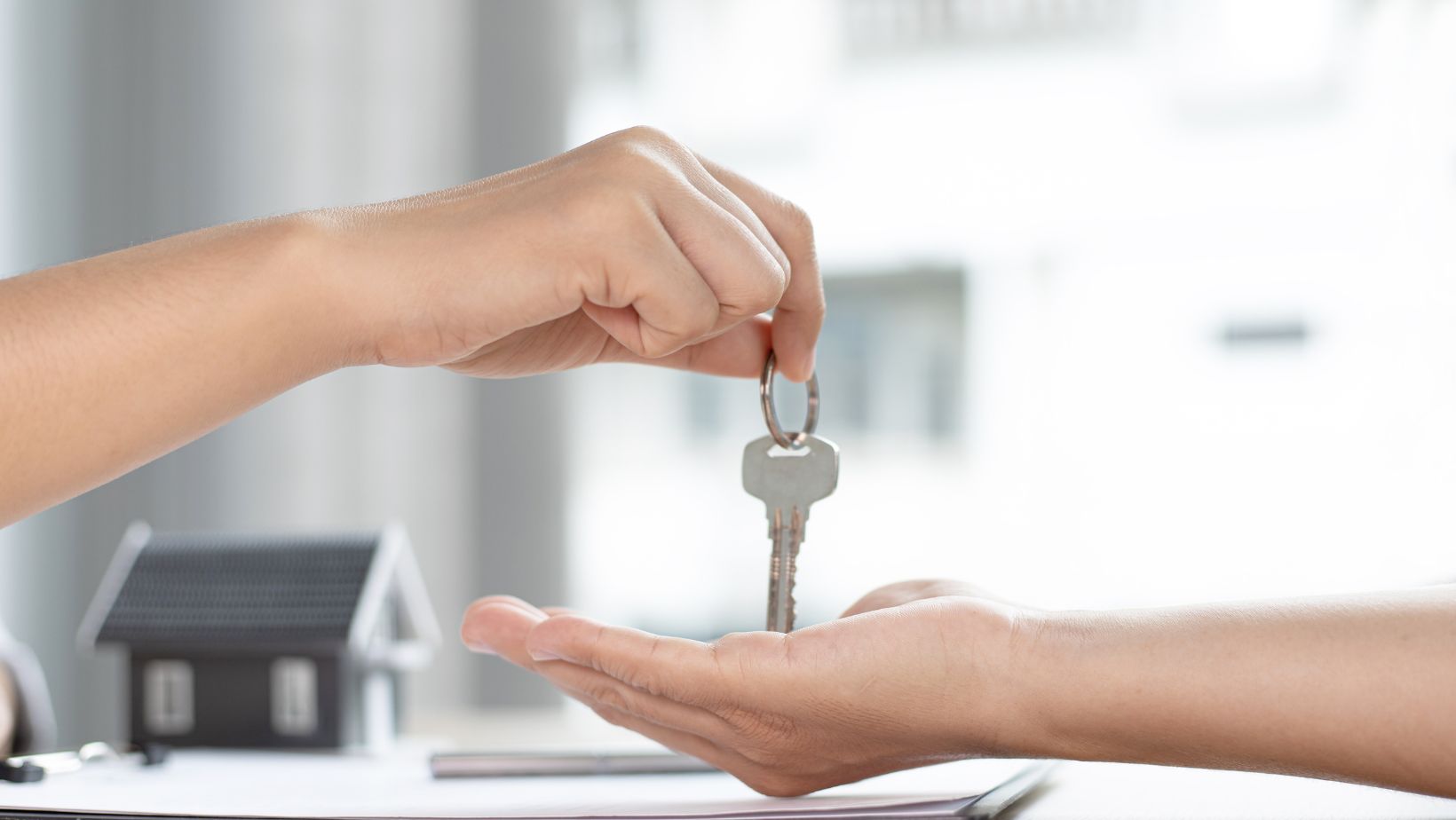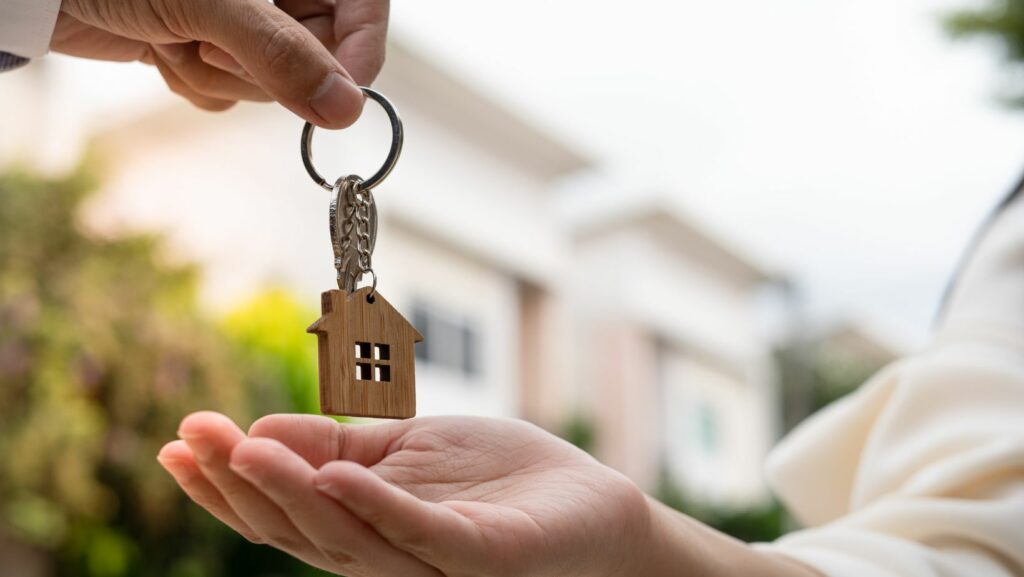We’ve all had that moment — standing outside the front door, patting down every pocket, turning over bags and keys trays in a frenzy, hoping those elusive keys turn up. Sometimes they do. Other times, you’re stuck outside with groceries melting, a toddler having a meltdown, or dinner burning on the stove. That’s when having a reliable emergency locksmith Sydney locals trust can turn a disaster into just a small delay.
But rather than wait for that panic to strike, there are smarter ways to avoid the headache altogether. Here’s how to stay one step ahead of the lockout trap.
Why Losing Your Keys Is More Than Just Inconvenient
Keys are deceptively small items that carry a lot of responsibility. Losing them doesn’t just waste time — it can throw off your entire day, lead to costly rekeying, or even compromise your home’s security. If you don’t know exactly where they’ve gone, the possibility that someone else has access to your home is a risk not worth ignoring.
And it’s not just about house keys. Car keys, mailbox keys, office keys — losing any of them can quickly snowball into missed meetings, safety concerns, or unexpected expenses.
Build a Simple System That Works
Avoiding key disasters isn’t about never losing focus. It’s about creating habits and systems that do the heavy lifting for you.
Here are some easy strategies:
- Have a home for your keys: A hook or bowl by the door isn’t just decorative — it’s practical. Always returning your keys to the same place builds muscle memory.
- Limit the number of key sets you use: Having too many keys in circulation increases the chance of misplacing one. Stick to essentials.
- Label smartly: Use tags or colour codes to tell similar-looking keys apart without marking addresses or personal info.
- Use a Bluetooth tracker: Small devices like Tile or Apple AirTag can help you locate lost keys in seconds via your phone.
Give Yourself a Backup Plan
Even with good habits, things can go wrong. That’s why a backup plan matters.
- Leave a spare with someone you trust — a nearby friend, family member, or neighbour
- Use a secure lockbox — mounted somewhere discreet and accessible in a pinch
- Store a key in your car — if you drive regularly, this can be a lifesaver
Whatever method you choose, avoid hiding spare keys under doormats or in obvious spots — burglars know these hiding places better than you do.
Think Ahead with Modern Locks
Technology offers more options now than ever. If you find yourself locked out more than once or simply want added convenience, consider upgrading:
- Keypad locks: Set and share unique codes with family members or guests
- Smart locks: Control access remotely using your phone, and receive alerts when doors are opened
- Biometric options: Use fingerprints or facial recognition for keyless entry
These systems not only reduce your dependence on traditional keys but also increase control and visibility over who comes and goes.

When a Locksmith Is the Only Option
If you are locked out and don’t have a spare, resist the urge to force your way in — that usually leads to damaged locks, doors, or windows (and even bigger bills). A professional locksmith can often get you back inside quickly without destroying hardware.
A few things to look for in a locksmith:
- Emergency availability — 24/7 service is essential for true peace of mind
- Verified credentials — make sure they’re licensed and insured
- Transparent pricing — avoid services that are vague or quote over the phone without a proper assessment
Storing the contact info of a trusted locksmith in your phone now means you won’t be frantically Googling when you’re already stressed.
What If Your Keys Are Really Gone?
If you suspect your keys are lost in public or potentially stolen, your home security may be at risk. In this case:
- Replace your locks or rekey them as soon as possible
- Check for signs of tampering or attempted access
- Update smart lock credentials or access codes to block previous access
It’s also wise to check any home insurance policies — some will cover the cost of lock replacement under certain conditions.
Teaching Kids and Teens to Manage Keys
If your kids are old enough to carry keys, they’re old enough to learn responsibility around them. Help them:
- Store keys in the same pocket or pouch every day
- Avoid lending them out or swapping with friends
- Understand the importance of not writing down addresses or contact info alongside keys
For younger children, using keypads or smart locks can provide access without the risk of lost keys at all.
A Small Fix That Can Save You Hours
Losing your keys doesn’t need to derail your day or cause unnecessary stress. With the right tools, habits, and fallback plans in place, you can take control of the situation before it spirals.
After all, getting locked out is never just about the keys — it’s about the disruption, the delay, and the frustration that comes with it. Prepare now, and you won’t have to panic later.

